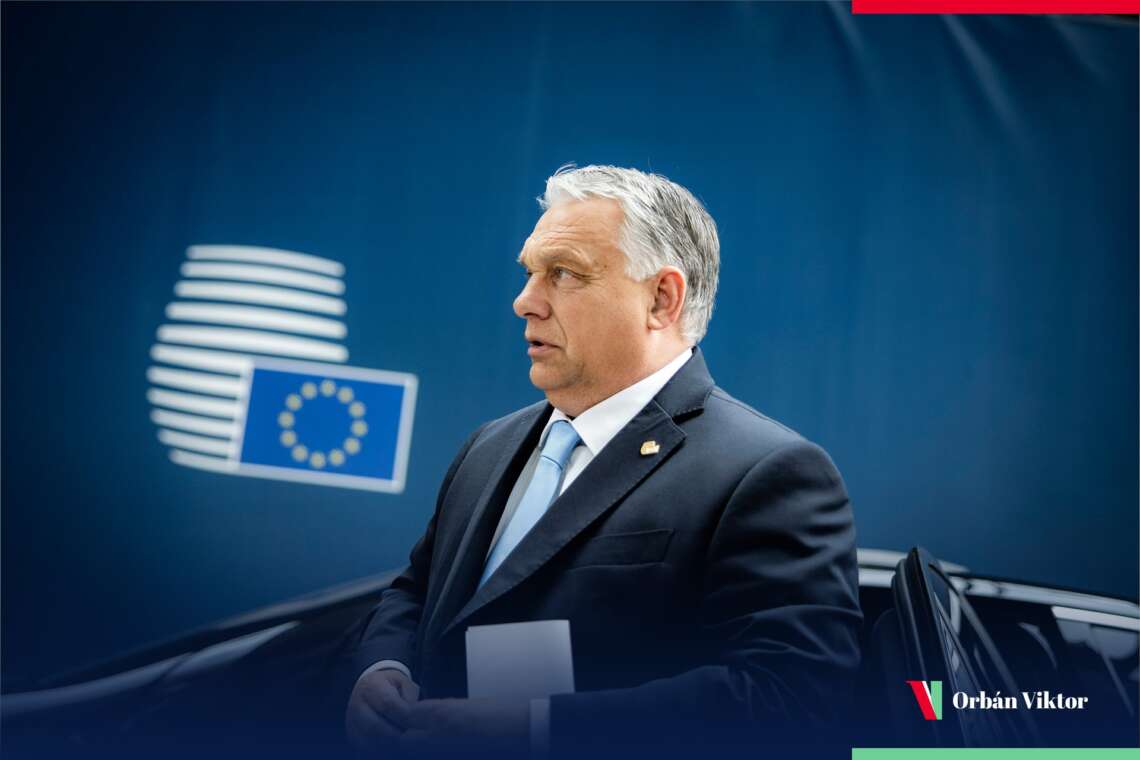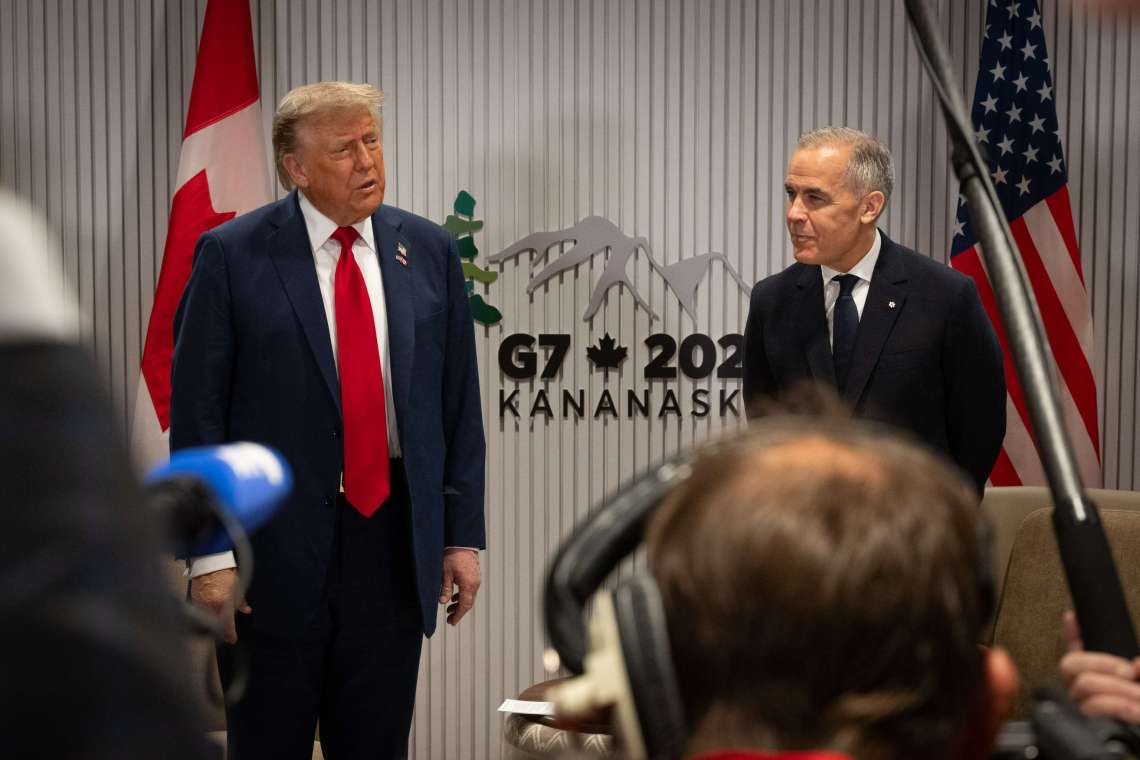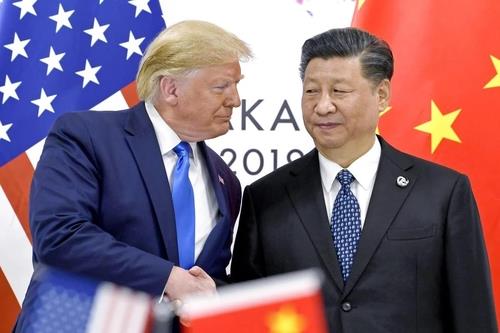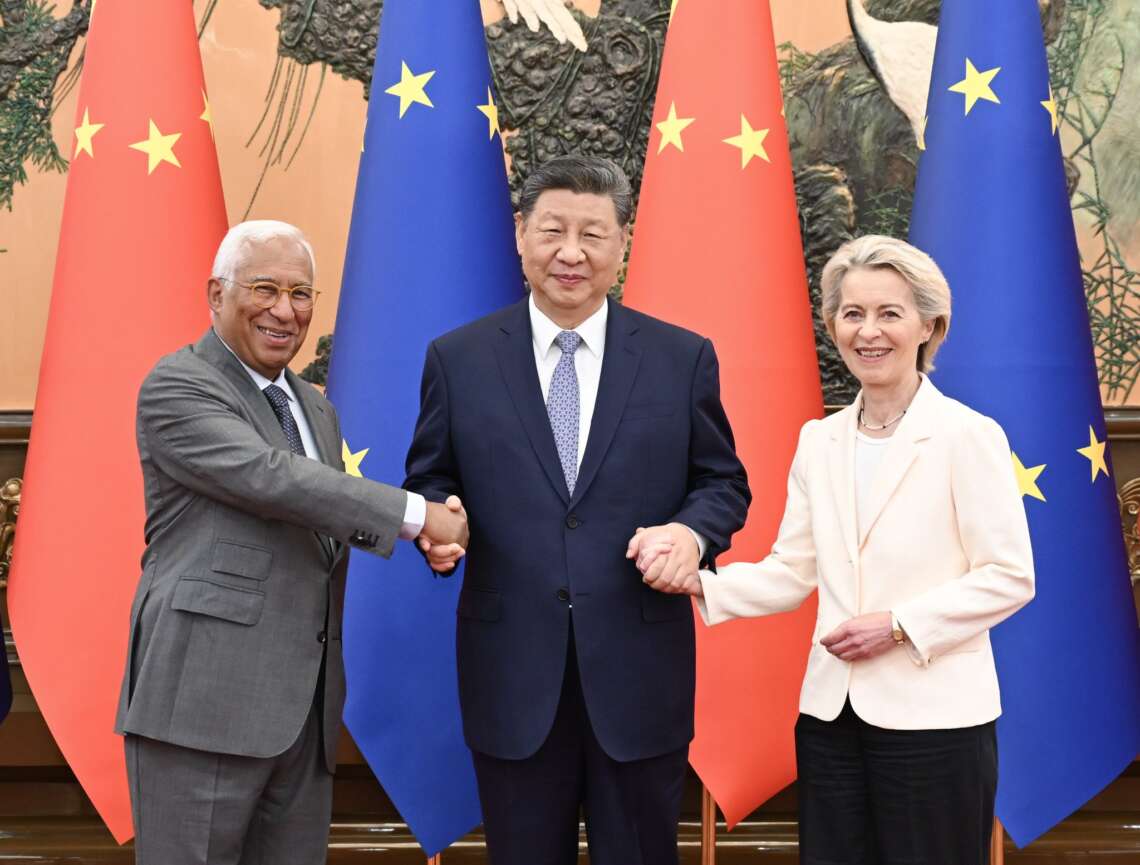Despite his success in wooing Trump’s conservative base, Hungary is among the EU nations most vulnerable to Trump’s incoming tariff blitz
Hungary’s populist Prime Minister Viktor Orbán has spent years forging close ties with Donald Trump, embracing the MAGA movement and styling himself as a champion of nationalist politics. But that political bet is now colliding with harsh economic reality.
Despite his success in wooing Trump’s conservative base, Hungary is among the EU nations most vulnerable to Trump’s incoming tariff blitz. Earlier this month, the former U.S. president announced sweeping 30% tariffs on imports from Mexico and the European Union, set to take effect August 1. The move threatens to trigger a major transatlantic trade rift — and Orbán’s export-heavy economy is directly in the crosshairs.
Hungary’s industries — cars, pharmaceuticals, and wine — are some of the very products the EU sends to the U.S. in bulk. For a small country reliant on foreign sales, the tariffs could be devastating. “This would put the Hungarian economy in a very, very difficult situation, because then the entire possibility for Hungary to export to America would be essentially eliminated,” said Péter Virovácz, chief analyst at ING Hungary.
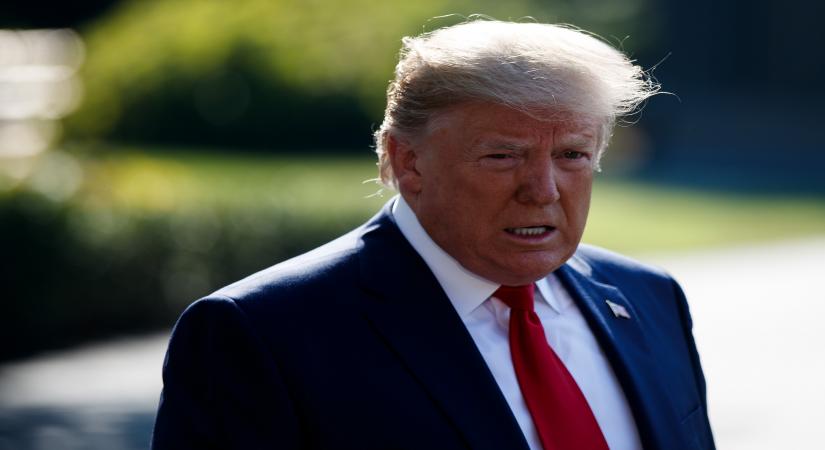
One business already feeling the strain is Taste Hungary, a Budapest-based wine exporter. Co-owner Gábor Bánfalvi says a 30% duty would force them to exit the U.S. market entirely. “If it’s really going to be 30%, then there is no more shipment… We might just call it a day at the end of the year,” he said. The company, which has exported around 10,000 bottles of premium Hungarian wine annually for the past five years, operates with a U.S. base in Washington D.C. and serves bars and wine shops across multiple states. Until now, the thin margins were worth it to promote Hungarian wine abroad. “Then came 2025,” Bánfalvi said.
When Trump imposed earlier tariffs this year, Taste Hungary’s shipping costs tripled. With another 30% added, the price hikes would render the business model untenable. “You just start to think, why are we doing this? Is it really worth it? It’s just not the best way to make money,” he said.
Hungary’s biggest trading partners remain EU members like Germany, Italy, and Romania, as well as China. But the U.S. still accounts for about 15% of Hungarian exports to non-EU countries — a significant share that could vanish overnight.
Despite the looming economic hit, Orbán’s government has refrained from criticising Trump directly. Instead, officials have pointed the finger at the EU, accusing Brussels of failing to secure a broad trade agreement with Washington — a long-time talking point for the Hungarian leader. Orbán, confident in his personal rapport with Trump, said in April that the tariffs would be “a disadvantage,” but claimed that other deals were being negotiated to offset the fallout.
Analysts are sceptical. “The unquestionably good bilateral relations simply cannot compensate for the trade conflicts between the EU and the U.S., and as a consequence, Hungary will suffer the tariffs the same way that the EU will,” said Péter Krekó, director of the Political Capital think tank in Budapest. “Mutual nationalisms cannot be coordinated in a way that it is going to be a win-win situation.”
Hungary’s car sector is especially exposed. The country is home to major manufacturing plants for Audi and Mercedes. Car production and parts dominate Hungary’s export economy. But pharmaceuticals — an even bigger Hungarian export to the U.S. — could face an even harsher blow. Trump has floated tariffs of up to 200% on EU-made drugs. “That will essentially kill European and thus Hungarian exports to America,” Virovácz said.
There’s no loophole for Hungary in sight. “It’s impossible for tariffs to be levied on EU products but not on Hungarian ones,” Virovácz noted. While Trump may enjoy warm ties with Hungary’s political elite, that doesn’t mean exemptions are coming. “A theoretical option is that Trump could somehow compensate Hungary… but if that only starts happening now, it’s way too late.”
And even that theory seems thin. “Trump’s administration gives practically nothing for free,” said Krekó. “If Hungary cannot fulfil the interests of the U.S., then I think Hungary is not going to receive gifts.” As he put it bluntly: “Hungary just doesn’t have the cards, to use Trump’s terminology.”


